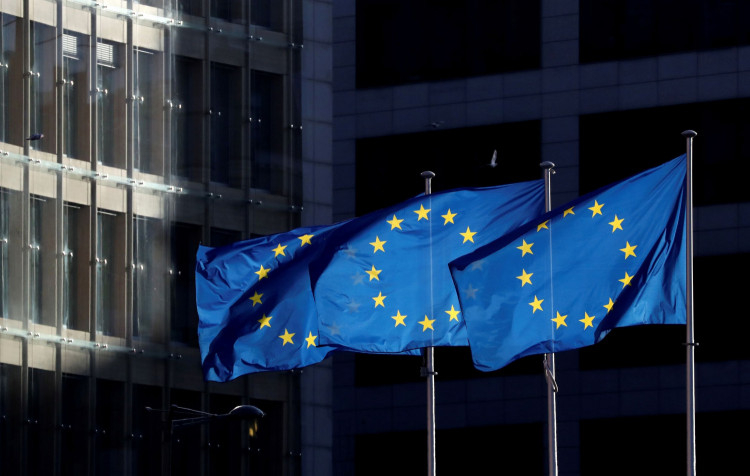Inflation in the Eurozone showed signs of easing in February, descending to 2.6%, yet the persistence of core prices above expectations underscores the ongoing challenge facing the European Central Bank (ECB). Despite a general anticipation of a headline reading at 2.5%, both the headline and core inflation figures surpassed economists' forecasts, according to flash data released on Friday.
Core inflation, which excludes the volatile sectors of energy, food, alcohol, and tobacco, registered at 3.1%, a notch above the predicted 2.9%. This indicates an underlying stickiness in price pressures despite a headline move towards the ECB's target of 2%. The European Union's statistical agency Eurostat highlighted that food, alcohol, and tobacco experienced the highest inflation rate in February at 4%, closely followed by services at 3.9%.
Energy prices have seen a reduction, with the deflation rate improving from -6.1% to -3.7%. This change is part of a broader trend of cooling price increases observed across major European economies, including Germany, France, and Spain. The moderation in energy prices comes after last year's surge due to geopolitical tensions and supply disruptions.
The ECB, currently grappling with a sluggish Eurozone economy, is under pressure to adjust its monetary policy stance. The Eurozone narrowly dodged a recession last year, with flat GDP growth in the fourth quarter, prompting market participants to speculate on the timing of interest rate cuts, potentially as early as June. However, ECB officials have emphasized the importance of upcoming spring wage negotiations for a clearer understanding of domestic inflationary pressures.
Despite the easing of headline inflation from its peak of 10.6% in October 2022, core inflation remains stubbornly high, complicating the ECB's policy decisions. The central bank has rapidly increased interest rates to counter inflation, reaching a record high of 4% in September. These higher rates, intended to curb inflation by making credit more expensive and dampening demand, also risk stifling economic growth.
With the Eurozone's growth stalling and moderate inflation, attention is shifting towards the possibility of the ECB commencing rate cuts. The central bank's governing council, set to meet Thursday, is not expected to alter rates immediately. Observers anticipate that the ECB, led by President Christine Lagarde, will await further data on wages and prices before considering rate reductions, potentially in June.
As Europe navigates through the complex landscape of moderating inflation and economic stagnation, the trajectory of core inflation will play a crucial role in shaping the ECB's policy direction. The persistence of core prices above the 3% mark poses a significant challenge, underscoring the delicate balance the ECB must strike between curbing inflation and supporting economic growth.






